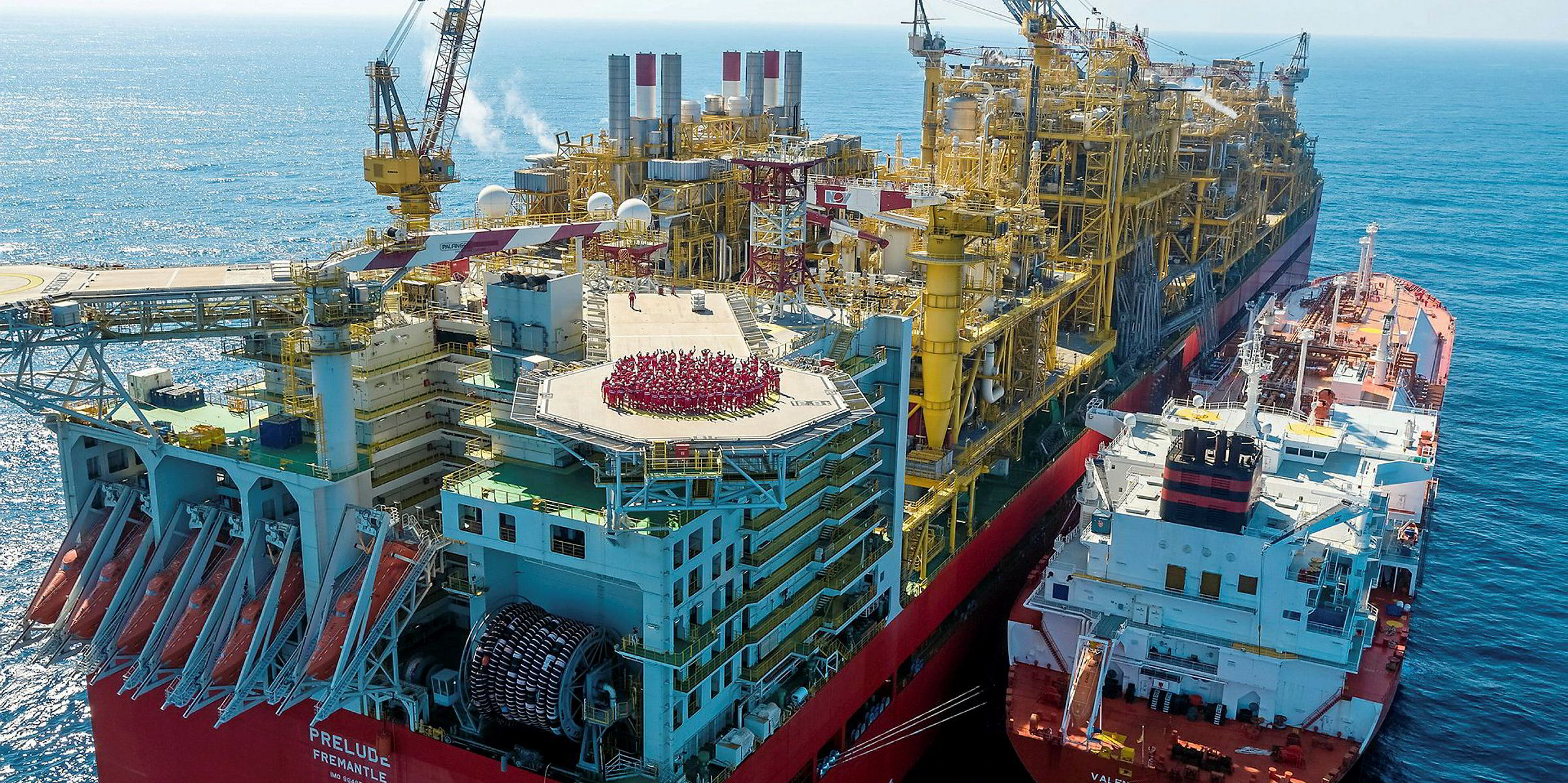Clarksons has been tackling new business opportunities arising from the transition to clean energy inside and outside of the shipping industry amid the continued global efforts to combat climate change.
With the International Maritime Organization scheduled to introduce new decarbonisation regulations in the coming years, a growing number of shipowners are willing to order newbuildings that can run on gas as well as conventional fuels.
“We are very proud to have been involved in a number of dual-fuelling and tri-fuelling projects, and executed for those who are very proud to take part in this transition” to cleaner energy, Clarksons chief executive Andi Case said after the company reported first-half earnings.
While declining to elaborate on individual deals, Case pointed out that 23% of the current global orderbook is powered by alternative, more eco-friendly fuels despite depressed newbuilding markets — compared with just 3% of the existing fleet.
Figures provided by Clarksons show between 12 MW and 14 MW of wind turbines are being sold for future projects, compared with the 9.5 MW currently installed.
“In the offshore arena, we have definitely stepped up our game and commitment into renewable space both in terms of broking and banking,” Case said.
“We are fully committed to the renewable space and draw on a lot of the experience we have in the offshore arena.”
Aside from building a pipeline of offshore wind projects, Clarksons has also enhanced its research offerings on greenhouse gas emissions from vessels and energy-saving technologies.
“We want to be an integral part of that in the early phases in the transition,” Case said.
His comments came after the shipbroking giant reported an improved first-half result thanks to strong performance of its shipbroking and research divisions.
The London-listed company, one of the world’s largest shipping service providers, recorded a net profit of £15.4m ($20.1m) for the period ending in June, as TradeWinds reported earlier today. This compared with £14m during the same period last year.





